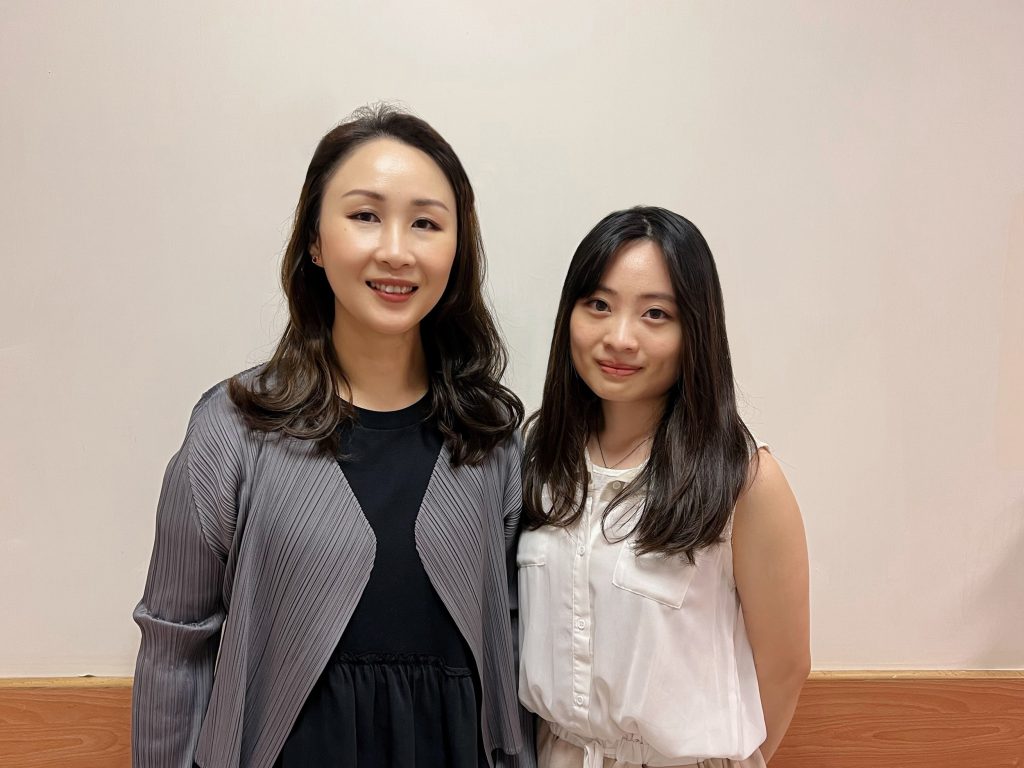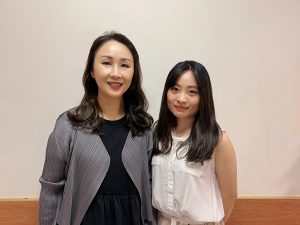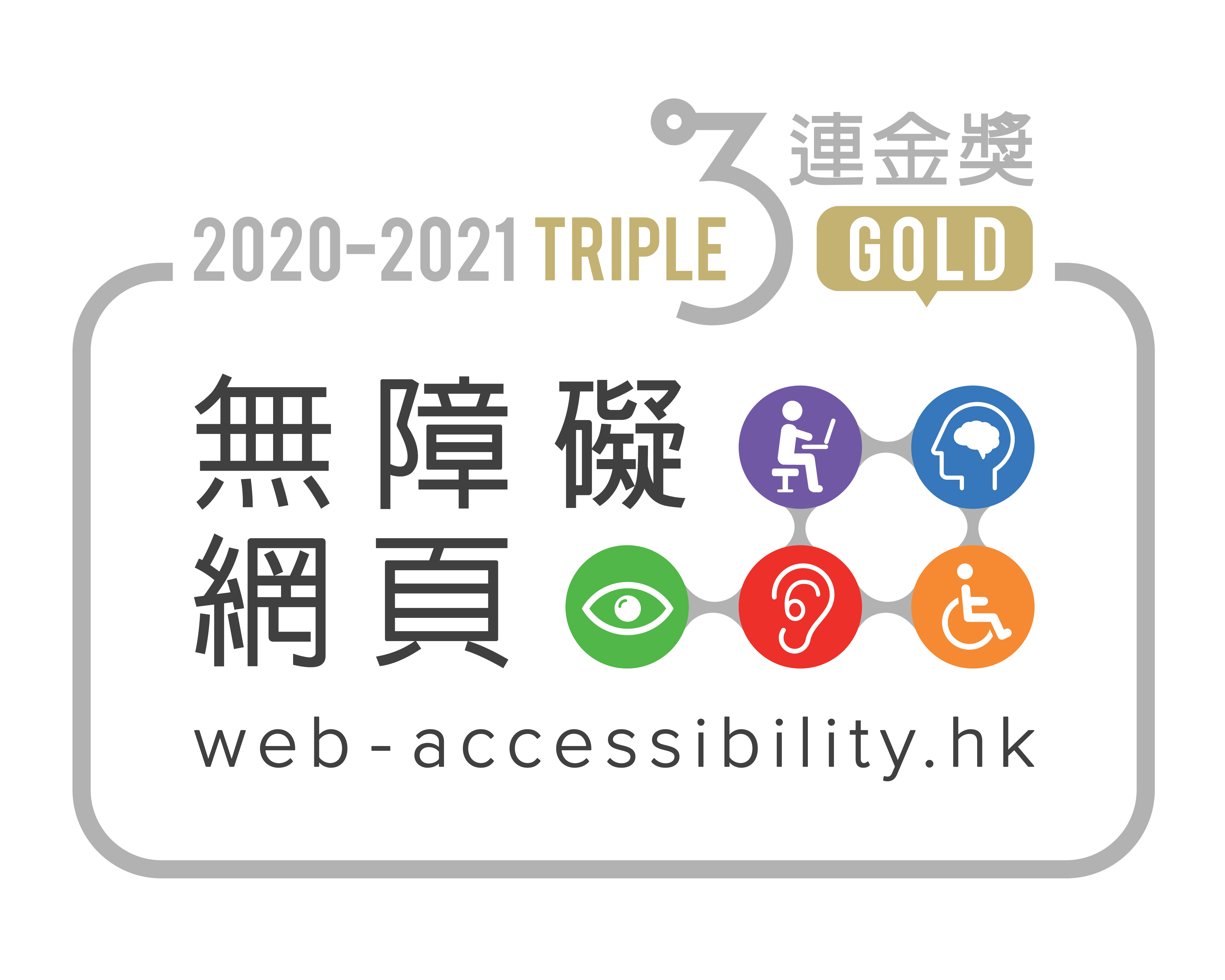CUHK
News Centre
CUHK finds that a booster vaccine dose is effective in retriggering antibodies in breast milk that protect babies
Researchers from The Chinese University of Hong Kong (CUHK)’s Faculty of Medicine (CU Medicine) and collaborators from Spain conducted a study to evaluate the temporal changes in the amount and neutralising activity of SARS-CoV-2 antibodies in breast milk stimulated by natural infection and vaccination. The study shows that the neutralising activity becomes undetectable in vaccinated mothers about five to six months after receiving a first dose of vaccine, and that a booster dose is effective in retriggering the protection. The findings have recently been published in the medical publication Ultrasound in Obstetrics & Gynecology.
COVID-19 infection and vaccination can produce antibody response in breast milk
Previous international studies[1],[2] have found evidence that mothers who have been infected with SARS-CoV-2 or vaccinated can pass antibodies to their children, protecting them against the virus through breast milk.
Dr. Hillary Hiu Yu LEUNG, Clinical Lecturer from the Department of Obstetrics and Gynaecology at CU Medicine said, “It is a common query from mothers on whether they should breastfeed following a SARS-CoV-2 infection or COVID-19 vaccination. The answer is ‘yes’. Studies have shown that both disease- and vaccination-acquired immunity produce high levels of Immunoglobulin A (IgA) antibodies against the virus in breast milk. For very young children who are not eligible for vaccination for the time being, breast milk could be a possible way to attain SARS-CoV-2 antibodies. But we need to find out how long the protection would last.”
The research team collected serial breast milk samples from postnatal individuals: 18 mothers from the infected group and eight from the vaccinated group. No one in the infected group was vaccinated during the study period, while those in the vaccinated group had received at least two doses. Results showed a rapid increase in neutralising SARS-CoV-2 specific antibodies in breast milk after infection or vaccination. After reaching the peak, the IgA levels and binding capacity progressively decreased over time in both groups. These are the key findings:
- Levels and the neutralisation capacity of SARS-CoV-2 antibodies in breast milk decline as time passes.
- SARS-CoV-2 antibodies could become undetectable by about 150 days after the first dose of the COVID-19 vaccine.
- A booster dose of the COVID-19 vaccine is effective in sustaining the secretion of neutralising IgA in breast milk.
Professor Liona POON, Professor from the Department of Obstetrics and Gynaecology at CU Medicine, said, “This study has demonstrated that a booster dose is effective in retriggering the secretion of neutralising antibodies in breast milk after they have become undetectable. This signifies the importance of a booster dose to sustain neutralising antibody levels in the breast milk, which may potentially provide protection for very young children.”
[1] Titres and neutralising capacity of SARS-CoV-2-specific antibodies in human milk: a systematic review. Archives of Disease in Childhood-Fetal and Neonatal Edition. 2022;107(2):174-80.
[2] SARS-CoV-2–specific antibodies in breast milk after COVID-19 vaccination of breastfeeding women. Jama. 2021;325(19):2013-4.


